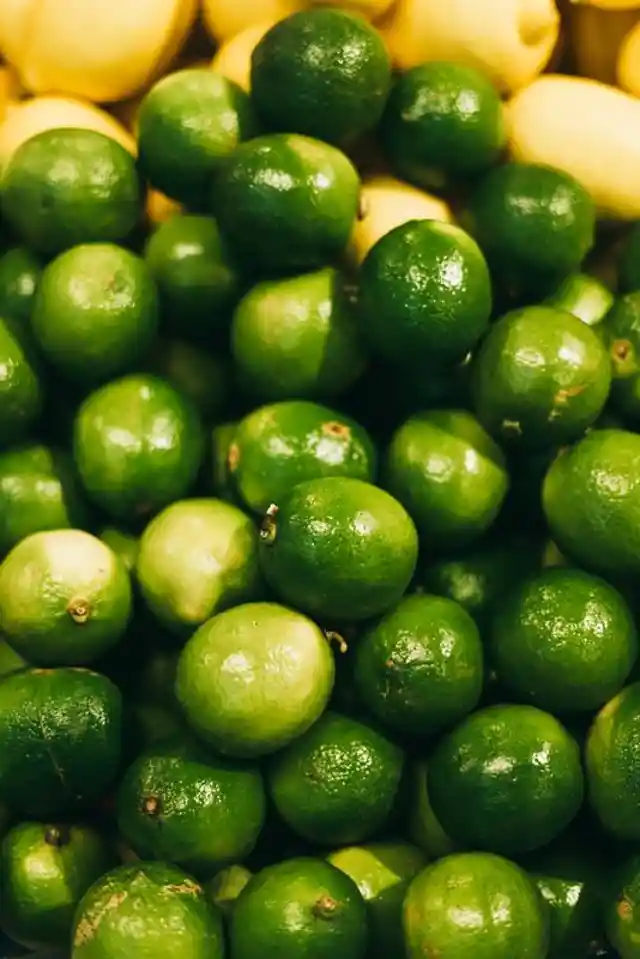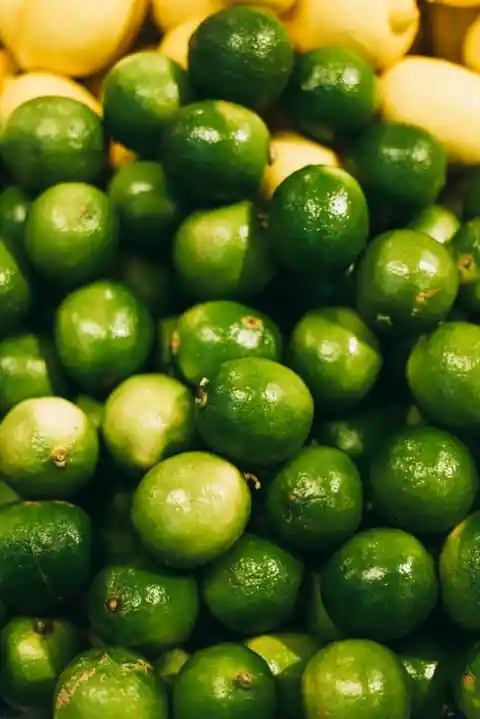These two citrus fruits often seem interchangeable. Granted, one is a little smaller and greener than the other, they're still quite similar. But there are some important differences you’d be interested to know about. According to US Citrus, a leading producer of America’s citrus, regular limes are less flavorful, which is why when it comes to adding a little kick to your food, lemons or key limes are preferred.


How to Pair With Food
When it comes to what goes best with food, it’s limes that go really well with tropical dishes, while lemons pair better with European recipes. In terms of nutritional value, limes are surprisingly healthier as they possess higher amounts of vitamins and minerals like vitamins A and C, calcium, folate, and phosphorus. Lemons however tend to be higher in acidity and have minerals like potassium and magnesium.
What’s the Big Difference?
If you’re looking to science for the differences, then you might want to put each one in a bowl of water and see what happens. You will find that lemons float and limes sink. And it doesn’t have anything to do with either one having thicker or thinner skin. In fact, in an experiment conducted by Best Food Facts along with RD Sarah Downs, both kinds of citrus were tested, both were whole, peeled, and sliced. In all three states, the limes continued to drop further whereas the lemons remained fairly afloat.


It’s The Water
According to Downs, “The reason limes sink and lemons float is due to density, or the mass per unit of volume. An object will float if it is less dense than the liquid it is placed in and will sink if it is denser than the liquid it is placed in. Lemons and limes both have densities that are very close to water, so you would expect that they would both float. However, limes are slightly denser than lemons, which is why they sink and lemons float.” Whatever the differences, at least both do the same job!